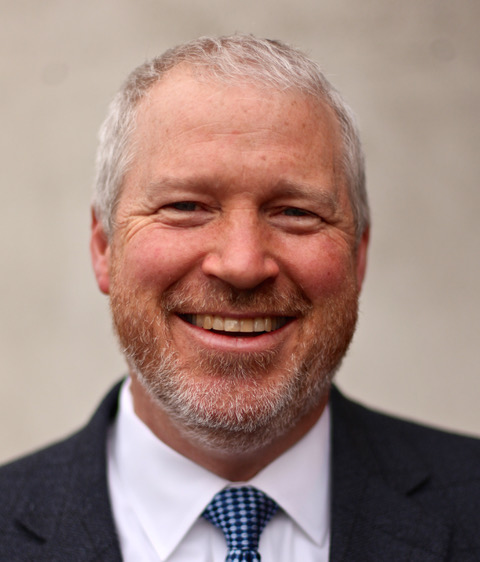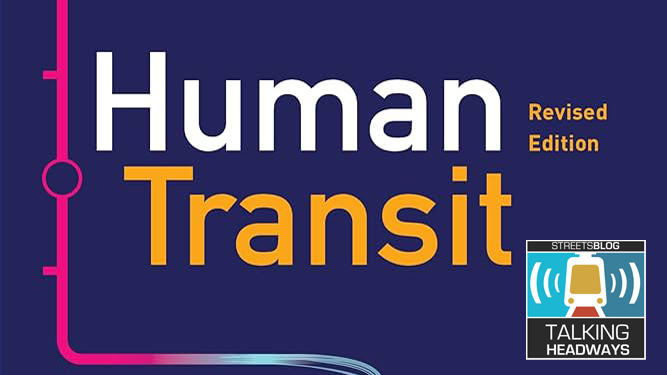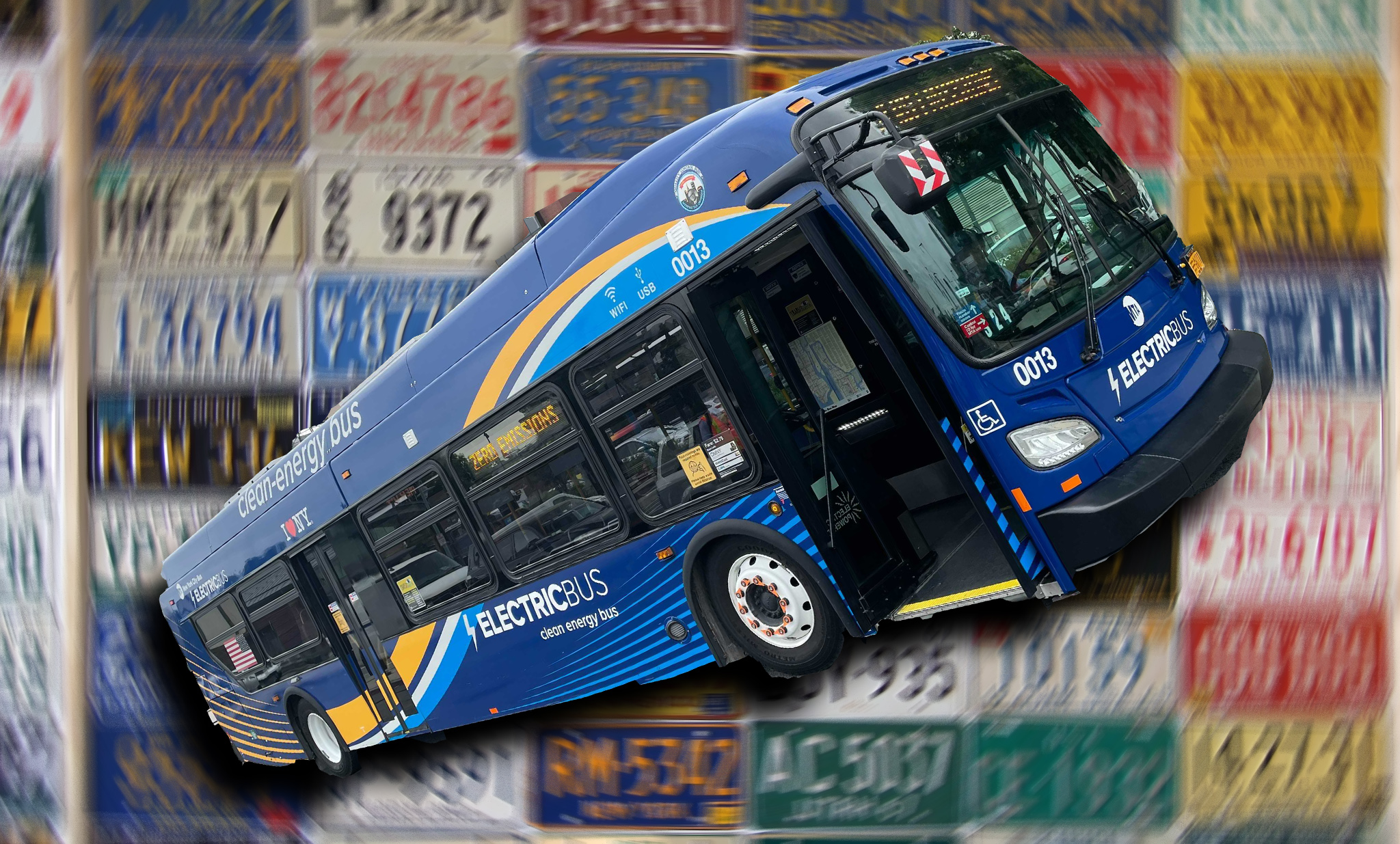We have control over our demand for oil, if we have the courage and political will to act on it.
Unfortunately, our transportation policy has been led by people who declare that we can never end our so-called addiction to driving. And they are bolstered by the unimaginative who view walking and biking as mere recreation — and view transit as good, but only for someone else.
The amount we drive is a matter of public policy, shaped by land use and transportation policies that underinvest in transit and make walking and biking ever more dangerous. We can flip that starting now.
Consider that 40 percent of the trips we take are two miles or less, yet only 12 percent of trips in the United States are by walking and one percent by bike. We just passed a bill to grow electric vehicle use on top of a record infrastructure spending bill.
Imagine if we focused those dollars on safe connections to nearby destinations, while also investing in robust local transit to extend the length of those walking trips to reach nearby communities. The funds are there — if we don’t continue doubling down on highway expansion that induces ever more driving.
We know that when walking and biking is pleasant, people do it. In much of Europe, 20 to 45 percent of the trips are walking. It is so darn pleasant that people fly long distances just to enjoy walkable places on vacation. Or pay a premium to buy a house with a high walkscore.
Indeed, it’s not just about transportation policy, it is also about where we let people live. The interstate era eroded our communities, voiding our neighborhoods of local businesses, wide sidewalks, gracious public spaces and a diverse mix of housing types. In 1969, a whopping 48 percent of children usually walked or bicycled to school; now it’s down to 13 percent. We have separated places from each other with wide streets, vast parking lots and restrictive zoning rules that make modest apartments and corner stores unwelcome. It’s time to return to traditional town planning that lets people live near jobs and stores, and not be forced into long commutes by the cost of housing.
As leaders of America Walks and the East Coast Greenway Alliance, we know that many Americans are hungry for these changes. There are literally hundreds of local advocacy organizations, mostly volunteer-run, that have been working to reverse the catastrophic planning policies that have led us to this place. Pandemic restrictions meant that many of us learned, once again, how important it is to have great public spaces outside our front doors.
We also know that if we invest in walkable and bikeable connections, expand transit and return to traditional town planning, we will generate a host of other benefits.
Economically, we won’t be sending our dollars to foreign autocrats. That money can stay in the community and in people’s pockets. A recent study showed a 10-fold return of more than $3 billion in health, environmental and economic benefits for local residents from investing in completing the segment of the East Coast Greenway that runs through Greater Philadelphia alone.
We can also provide more housing where it is needed, reducing housing and transportation costs for the essential workers hit hardest by the pandemic. We can improve heart and lung health by reducing pollutants and encouraging more physical activity. And we can tackle the single largest source of net climate emissions: transportation, which accounts for 31 percent of America's total.
Every year brings more evidence of the benefits of getting off of oil and treating walking, biking and transit as real solutions. Since the oil price shocks of the 1970s,and now with Putin’s war, we have known the risks of inaction. The best time to have started change was decades ago. But the next best time is right now.
We want to leave you with one last question. As you look at the unfolding climate catastrophe, as you look at rising pedestrian deaths, as you look at the humanitarian cost of war — what level of tragedy will it take for us to change our ways?
We are not mere spectators. We are participants and we can control our future. We all need to demand more of the federal, state and local leaders who have the power to build a safer and saner future. Let’s start walking the walk today, and let’s make sure elected leaders do the same.
Dennis Markatos-Soriano is the executive director of the East Coast Greenway Alliance.
MIke McGinn is the executive director of America Walks.







